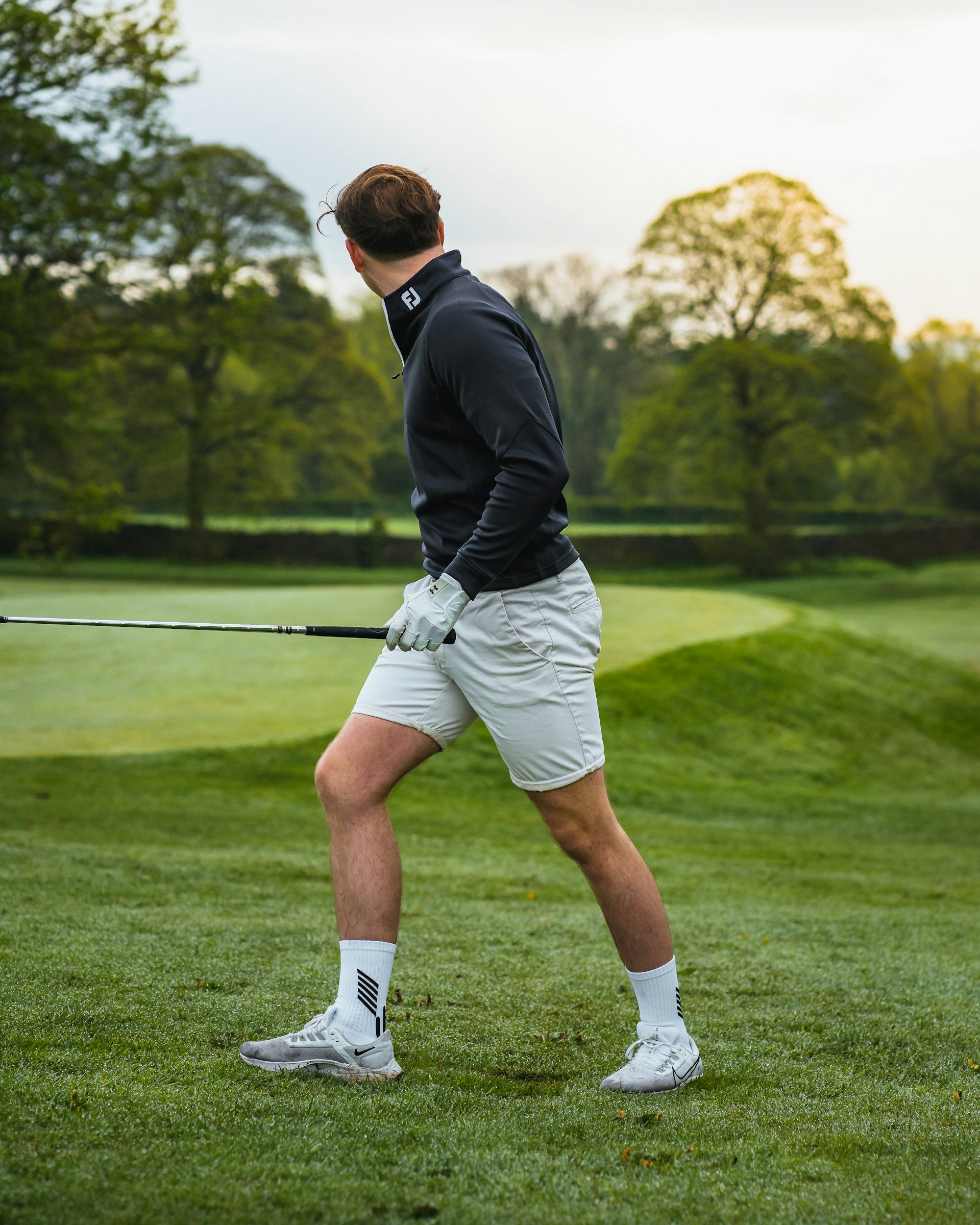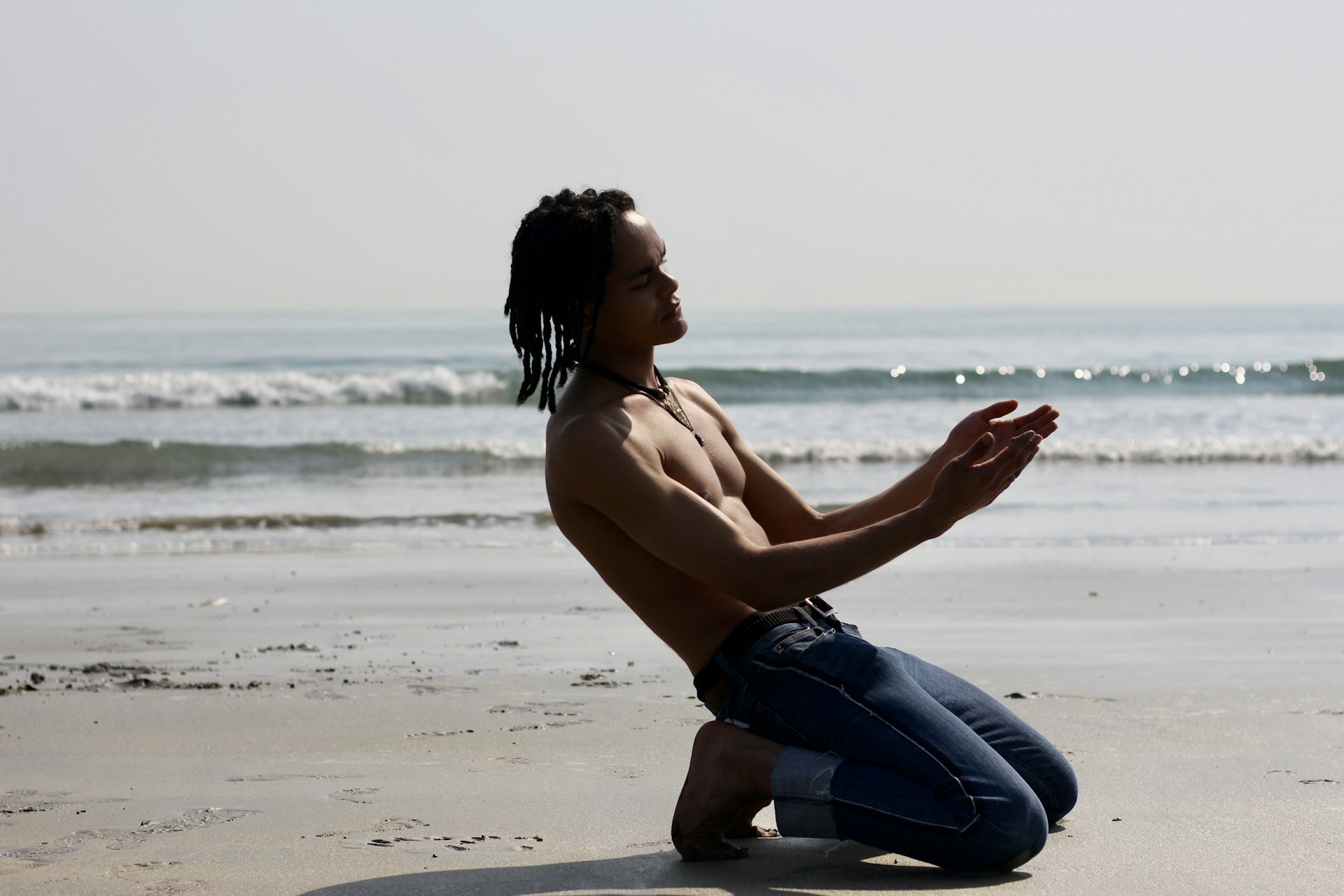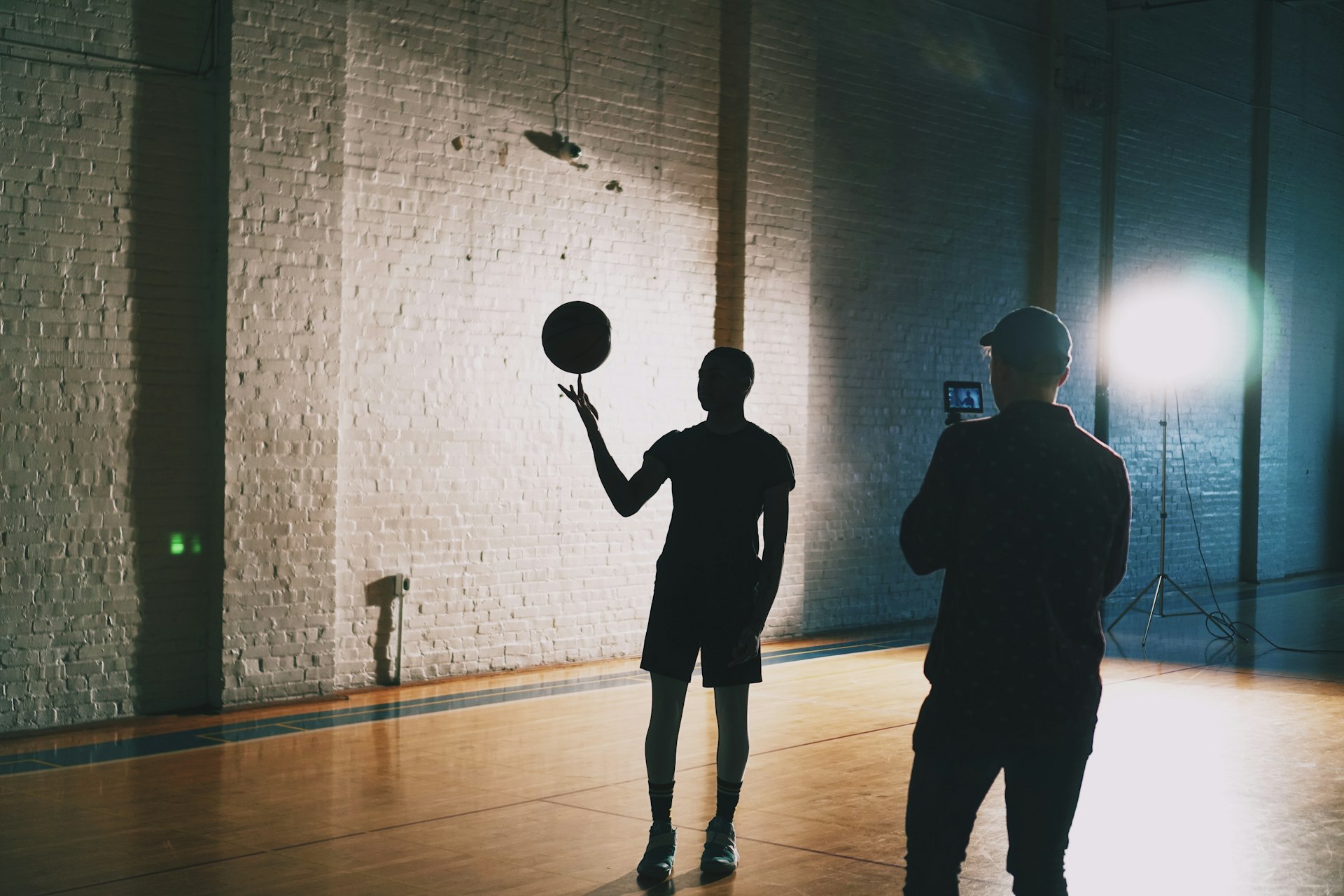Unlocking Youth Potential: The Transformative Role of Mentorship in Sports Development

Photo by (Augustin-Foto) Jonas Augustin on Unsplash
Introduction: Why Mentorship Matters in Youth Sports
Mentorship in youth sports is far more than coaching athletic ability-it is a dynamic process that shapes young athletes’ character, academic success, and life trajectory. As research continues to highlight, effective mentorship is critical for helping youth develop essential life skills, build strong relationships, and remain engaged in sporting and educational pursuits. This article explores the multifaceted role of mentorship in youth sports development and offers actionable guidance for communities, schools, and families seeking to implement or access these benefits.
The Foundations of Sports Mentorship
Sports mentorship encompasses a variety of relationships, from traditional coach-athlete dynamics to peer-to-peer and near-peer programs. At its core, mentorship involves experienced individuals (mentors) guiding, supporting, and inspiring younger or less experienced athletes (mentees) through both sport-specific and personal development challenges. According to a study published by the Center for Evidence-Based Mentoring, one-on-one sports mentoring creates strong, caring relationships that serve as a context for growth in both skills and personal development. These relationships commonly involve befriending, skill coaching, and life-skill development-all interwoven with the fabric of sports activities [1] .
Key Benefits of Mentorship in Youth Sports
1. Life Skills Beyond the Field
Mentorship in sports is uniquely positioned to teach life skills such as etiquette, sportsmanship, perseverance, time management, and emotional intelligence. These skills, while learned in a sports context, are highly transferable to academic, professional, and social settings. Mentees in structured sports mentoring programs often report improvements in self-management and a newfound sense of aspiration, including increased interest in further education [1] .
2. Academic and Social Success
Research demonstrates that coach mentors have a unique impact on academic persistence and overall success, even beyond what is achieved through mere participation in sports. Skills such as discipline, self-efficacy, and mastery-developed through sports and refined through mentorship-translate into better academic performance and greater social capital [2] . Mentees are found to have higher academic achievement and lower rates of risky behaviors as a result of consistent, supportive mentorship [3] .
3. Building Confidence and Belonging
Mentorship facilitates not only skill advancement but also increases in self-confidence and a sense of belonging. Young athletes who are mentored report greater connection to their teams and communities, which can improve their mental health and encourage continued participation in sports [1] . Peer-to-peer mentorship programs, in particular, foster empathy, conflict resolution, and organizational skills among both mentors and mentees [3] .
Types of Mentorship Models in Youth Sports
1. Traditional Coach-Athlete Mentorship
Coaches often serve as natural mentors, shaping athletes through formal instruction and informal life guidance. Their influence extends to academic and career aspirations, making them instrumental in holistic youth development [2] .
2. Peer-to-Peer and Near-Peer Mentoring
Peer mentorship programs match older or more experienced youth with younger teammates, providing relatable role models and leadership opportunities. Benefits include improved reasoning skills, academic achievement, and reduced behavioral problems [3] . Near-peer mentoring, where young adult coaches or older youth guide their peers, has been shown to foster supportive environments for physical activity and personal growth, especially in under-resourced communities [5] .
3. Structured Community and School Programs
Nonprofit organizations and schools are increasingly developing formal mentorship initiatives, such as Student-Athlete Mentor Organizations. These programs help bridge the gap between high school and elementary-aged students, strengthening community bonds and enhancing teamwork and emotional intelligence [4] . The Positive Coaching Alliance (PCA) is one example of a national nonprofit offering mentorship-driven resources and workshops; you can search for “Positive Coaching Alliance” to find local chapters or request information on starting a program in your area.

Photo by Rosario Fernandes on Unsplash
Actionable Steps to Access and Implement Sports Mentorship
For Parents and Guardians
If you want your child to benefit from mentorship in sports, consider the following steps:
- Contact your child’s school athletic department or local youth sports league to ask about available mentorship or positive coaching programs.
- Use search terms like “youth sports mentoring programs near me” or “Positive Coaching Alliance local chapter” to find regional resources.
- Engage with community centers or YMCAs, which may offer sports-based mentoring opportunities.
- If no formal program exists, encourage coaches to integrate mentorship practices, such as pairing older athletes with younger ones for skill-building and support.
For Coaches and Program Leaders
To build or strengthen a mentorship program, consider these strategies:
- Implement training workshops that emphasize both athletic and personal development. The Positive Coaching Alliance and similar organizations offer evidence-based training for coaches focused on mentorship and youth development [Reference, PCA – functional and verified] .
- Recruit volunteers or older athletes as peer mentors, ensuring proper orientation and clear expectations.
- Establish regular check-ins and goal-setting sessions between mentors and mentees to track progress both on and off the field.
- Collaborate with local schools or youth organizations to expand reach and resources, especially in under-resourced areas.
For Youth Participants
Youth athletes interested in mentorship can:
- Ask their coaches about peer mentoring or leadership opportunities within their team.
- Volunteer to assist younger teams or community sports clinics to develop leadership skills and gain mentorship experience.
Overcoming Challenges in Sports Mentorship
While the benefits of mentorship are clear, several challenges may arise, including limited resources, time constraints for volunteers, and lack of formal training. Solutions include:
- Seeking partnerships with community organizations to share resources and expand program reach.
- Providing online mentorship training modules when in-person options are not feasible.
- Establishing clear roles, boundaries, and expectations to foster trust and sustainability in mentorship relationships.
Families and organizations in under-resourced communities may find additional support through school-based programs and local nonprofits focused on youth development. Consider reaching out to your local school district or community center for guidance on starting or accessing mentorship opportunities.
Alternative Approaches and Inclusive Practices
Mentorship need not be a one-size-fits-all model. Some programs emphasize small group or team-based mentorship to maximize leadership and teamwork skills. Others employ near-peer models that leverage relatable role models from the same community or background. If formal programs are unavailable, informal mentoring relationships-such as a trusted coach, older sibling, or community leader-can still offer significant benefits when approached with intention and care.
Key Takeaways and Next Steps
Mentorship is a proven catalyst for youth development in sports, offering numerous physical, psychological, and social benefits. Whether through structured programs or organic relationships, effective mentorship helps youth build confidence, resilience, and essential life skills that extend well beyond athletics. To access or implement these benefits, start by engaging with local schools, sports leagues, and community organizations; seek out evidence-based training for mentors; and encourage open dialogue between coaches, parents, and youth participants. For more information, search for “youth sports mentorship programs” and connect with trusted organizations in your area.
References
- [1] Center for Evidence-Based Mentoring (2023). New research demonstrates impact of sports mentoring on life skills development.
- [2] Rhodes Lab (2019). Role of athletic coach mentors in promoting youth academic success.
- [3] Global Sports Development (2021). Peer-to-peer mentorship among youth athletes.
- [4] University of Tampa (2021). How High-School Athlete Student Mentors Impact Elementary Students.
- [5] Frontiers in Public Health (2024). Promoting physical activity and youth development in schools.
- [Reference, PCA – functional and verified] Positive Coaching Alliance. Official site for coach mentorship resources and programs.
MORE FROM getscholarships.net













